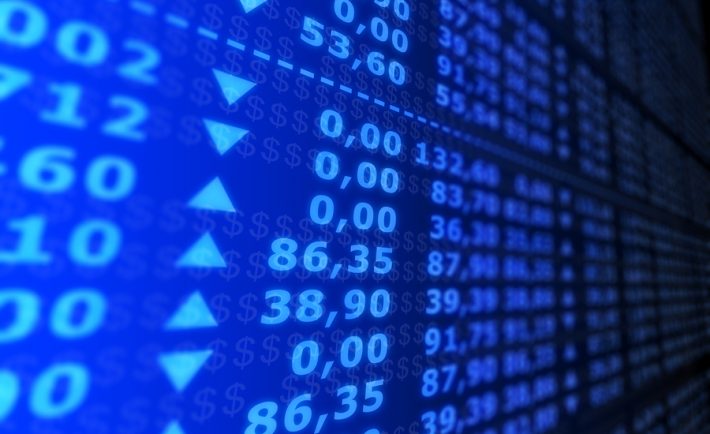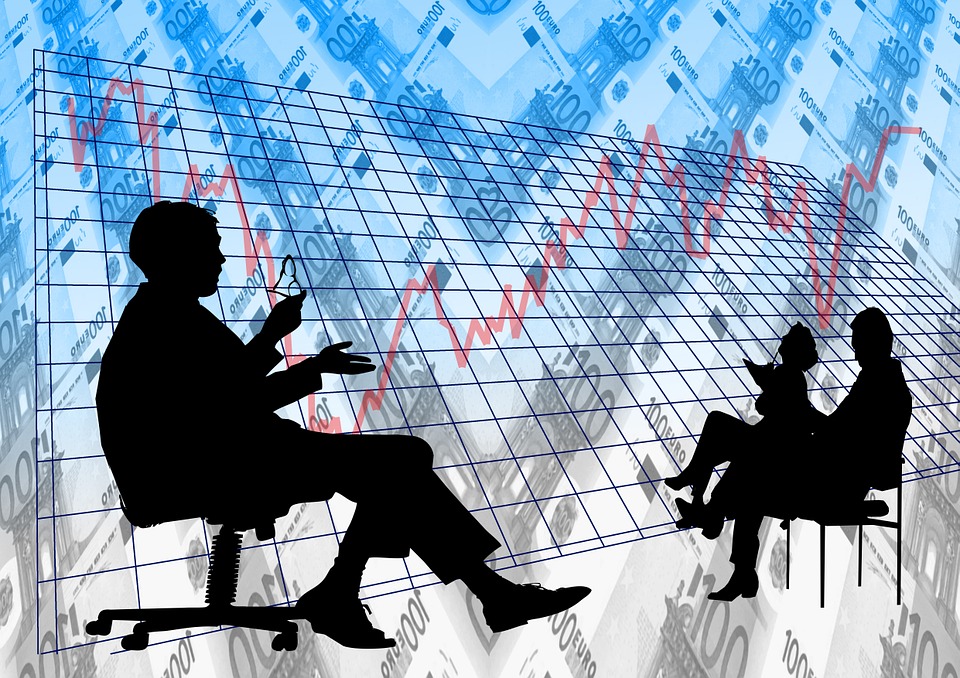
Firmly bridging the worlds of finance and technology, high frequency and/or algorithmic trading were developed to aid traders in their observation of the markets they work within. Less about making the process of trading any easier or presenting a shortcut to make better deals at all, the technology is more focussed on keeping down costs, risk and market impact. They’re ways of helping get a job done, rather than doing the job entirely themselves.

Best Investments For The Business Savvy
Popular tools across the industry, they’re used most widely by investment banks, pension funds, mutual funds and hedge funds, who all require assistance in streamlining their real-time market analysis. Perhaps more easily understood as automated trading systems, before their development traders would have to manually observe the fluctuation within various markets, which was inefficient, time consuming and open to human error.
High Frequency / Algorithmic Trading

High-Frequency Trading and Crypto Dark Pools: How Do They Work?
The term high frequency trading essentially refers to a program trading platform that uses extremely powerful processers to transact huge numbers of orders in a split second. Based off complex algorithms, they’re used to analyse multiple markets simultaneously, also allowing orders to be executed automatically based on preferred market conditions. Importance arises here are it’s often the case that the traders with the fastest execution speeds are more profitable than traders with slower execution speeds – which is where the software makes most difference.

Bitcoin’s Resistance Against a Major Correction Makes Ethereum More Vulnerable
On top of speed, the effect of algorithmic trading is that markets become more liquid as a result, and trades are far more systematic with the variable of human emotion entirely divorced from the process. While we’re all accustomed to seeing those scenes from films of traders screaming across rooms with a phone tucked under one ear and a pencil and paper clutched tightly within their hands, that’s a far less prominent aspect of the industry in the modern sense than perhaps it once was.
Something to consider for anyone either in or looking to enter the world of Forex trading, they are also markets that can be catered for in an algorithmic sense. With companies offering their own online trading platforms, too, the process couldn’t have been made any simpler or easy to digest.

What’s algo trading, how does it affect you?
Some have criticised the system for being overly analytical and relying too heavily on statistics and data, rather than allowing for human decision and interaction, which is what market trading was once built upon. With decisions now programmed to take place within the blink of an eye in a very literal sense, there is concern that these programmes are provoking large market shifts without good reason. There is also some concern that these programmes are unfairly tipping trades in favour of larger companies who can afford them at the expense of smaller businesses.




